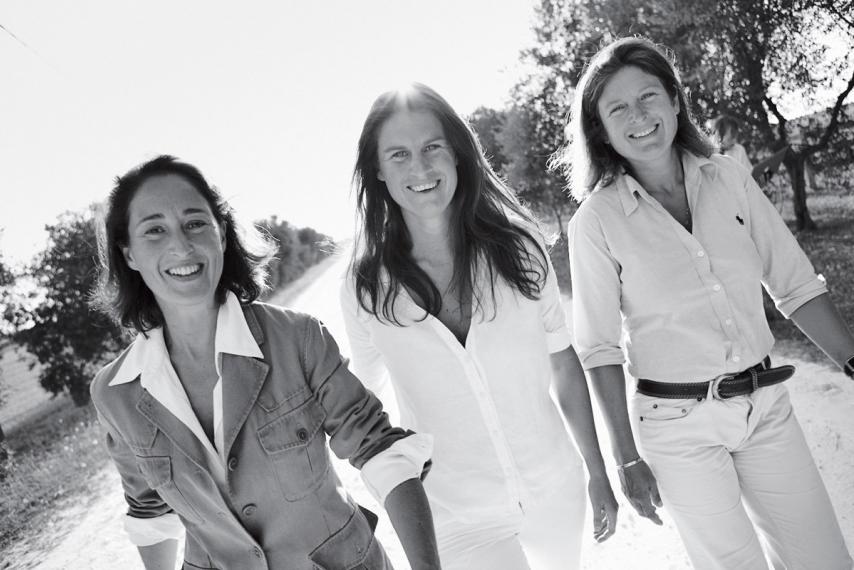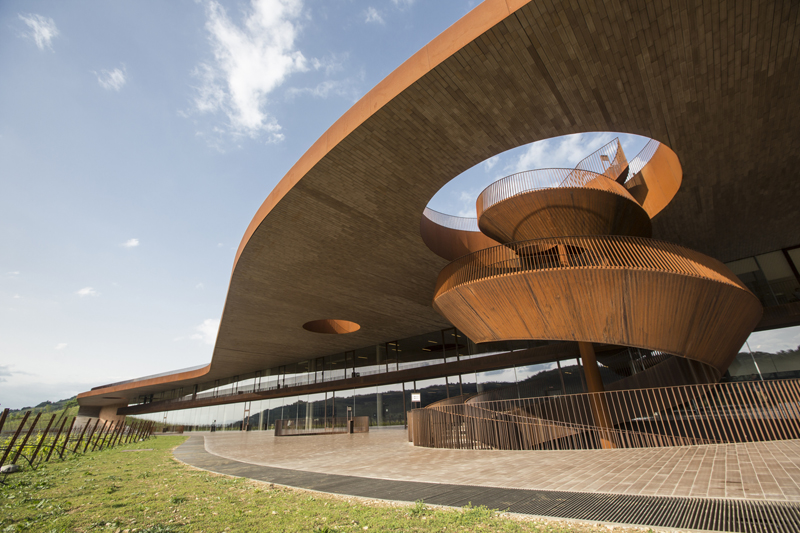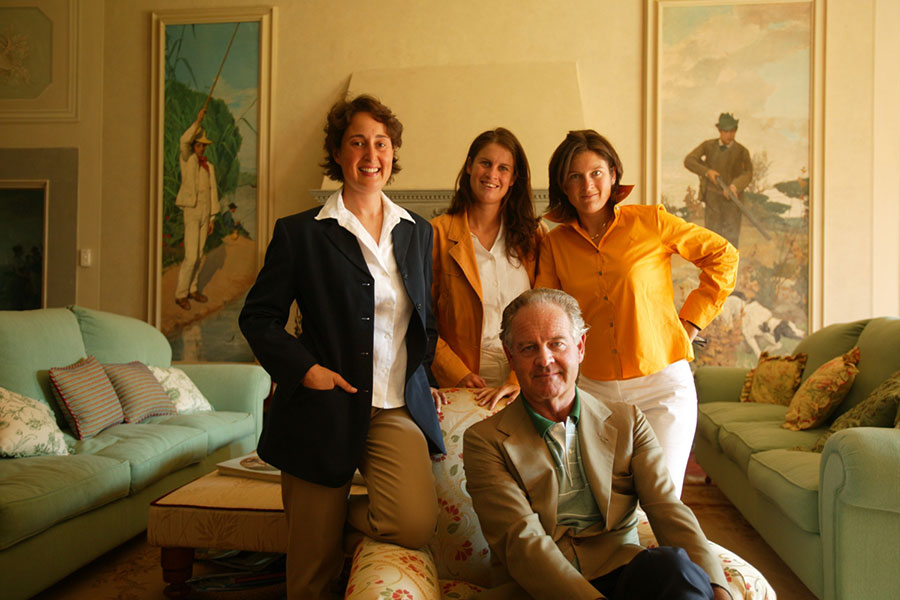Compared to any family business, the Antinori story is exceptional: it’s hard enough to get a family business to survive for three generations, let alone 26. But that’s what the Antinori family has done since 1184, just outside Florence in Italy.
The renowned wine company, also one of the oldest companies in the world, is now run by Piero Antinori with the support of his three daughters, Albiera, Allegra, and Alessia. What secret does this family hold that ensures a transition of power from one generation to the next, while the world changes dramatically around them?
In Florence, around 1385, the Medici’s patronage reigned over the Renaissance period and Florence was a prosperous town. Around 24 different guilds existed at the time, centered around different professions – everything from olive oil production, winemaking and art to banking, law and medicine. The Antinori family, who were bankers and merchants, belonged to the top guilds in Florence. The guild system ensured that businesses, and the wealth that came with them, were passed down through certain families in the region for generations to come. Artists such as Michelangelo and Lorenzo Ghiberti flourished at this time and the world renowned Italian gastronomical culture had its roots here, too. Italian wine culture originated during the Etruscan times, predating the Romans, so the Antinori’s were relative newcomers to the world of wine in the region.
When Piero Antinori took the reins of the company he was a young man of 28. Wine was still made in the countryside under a system called mezzadria, the halving of the produce from the soil between landowner and tenant farmer, although halving didn’t imply equal amounts of the produce but rather division according to agreement. This changed in the 1960’s and the company pulled ahead. Piero Antinori had inherited the passion and knowledge of his forebears and felt the need to make things better. Amazingly it’s only been 50 years since modern winemaking methods were established in Italy. Before, everything would grow together in the fields – olive trees, grapevines and wheat – all intermingled. Among the many passions of Italian culture is one for the earth, it’s deeply ingrained in their way of life. But, as Piero likes to repeat, “Ancient roots play an important role in our work, but have never been a limit to our innovative spirit.”

Piero’s three daughters now take an active role in managing the wine production, and have five sons between them, waiting in the wings to continue the legacy. The legacy almost ended in 1983 when Piero’s brother sold 49 percent of the company to British beer brewer Whitbread. It took him 10 years to save the money to buy it back, firmly believing in what he wanted and aware of keeping the Antinori legacy alive. Now established and flourishing, the company has set up a trust for the sons, who are still too young for a managerial role. The trust has been established to last another 90 years, enough to ensure the next three or four generations. However, the sons won’t have it easy and will need to study and learn certain capabilities, “a meritocracy,” as Allegra calls it. They will only benefit if they achieve certain goals, which will go beyond winemaking to include ethics and humanitarian issues.
“As a family company, it must have a sense of humanity about it, respect for the people that work with you and a sense of continuity,” says Allegra. Interestingly, research in a book called Centuries of Success by William O’Hara, which looks at the reasons behind the success of the world’s oldest companies, cites a progressive attitude around taking women into management as being one of the reasons elderly companies have defied typical corporate life-cycles.
The three sisters range in age between 38 and 47, with children between 12 and 18, and Piero is now 75, so the range of ages in the current family are well spread across three generations. The sisters all actively participate on the board of directors and make every decision with their father. They also have a CEO and Chief Enologist, Renzo Cotarella, who’s worked with Piero for 30 years and has become part of the family. If anyone were to become president of Marchesi Antinori in the future, that role would probably fall on the eldest daughter, 46-yearold Albiera, currently the vice president. A board made up of immediate family members, Renzo, two outside counselors and a handful of trustees has ensured the company doesn’t get mired in title grabbing. “We only have one head though,” says Allegra, “My father.” As with all patriarchies, with three daughters and no sons, there is always an eye on the future, especially within a company that has already lasted 830 years. Allegra has clear advice on the future of the Antinori business for her children and nephews.

“First of all you need to have passion,” she says. “They need to understand that it’s a natural product, that it’s influenced by nature. They know the history of Antinori, so they shouldn’t see the company as something for their own gratification and selfish needs. Their role is to give the company something that will continue for the benefit of their children. We have a long-term vision, very long-term.” Sometimes very important people come to visit Marchesi Antinori, yet Allegra never thinks to talk about the business in a way that highlights her individual role. “I try to pass on the passion of what we do for the benefit of the company, it’s not about me. We just see things differently.” Allegra is also quick to point out to visitors the sustainability initiatives the company has implemented. They have taken organic to heart and studied ecosustainability, which includes recycling and avoid useless practices because it ultimately wastes money.
“From what I’ve seen and learned, a real leader needs to respect other people. Respect means loyalty and understanding and listening to other people. When you respect people, people respect you. However, it’s still very important to be assertive without thinking that because you’re aware of being a leader you have to use your power to get things done.” Allegra cites her father as an example. “He’s a very charismatic leader, although he’s very reserved and not at all a noisy person. He has a lot of passion for what he does and the patience to wait for the right moment. His ability to say no within our winemaking business to processes that will not guarantee ongoing quality shows that he has a long-term view, rather than trying to achieve quick gains. This is one of the formulas that has given us success and why we’re still here after 26 generations.”




































